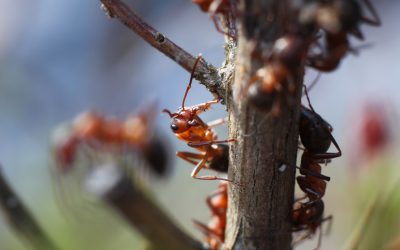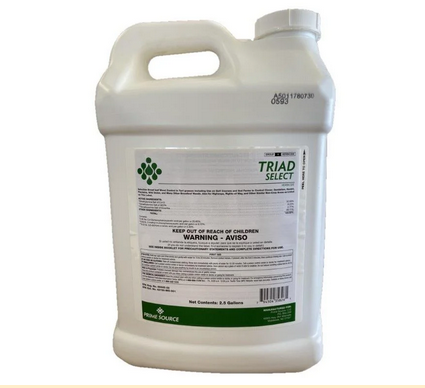Mycorrhizae are essentially a type of beneficial fungi that form a partnership with plant roots. This symbiotic relationship is natural and vital for the optimal growth and health of most terrestrial plants. These fungi colonize the plant roots and extend far into the soil, increasing the root surface area and thereby the plant’s ability to absorb water and nutrients.
Mycorrhizae represent a fascinating facet of botany that significantly impacts plant health and soil biology. If you’ve ever wondered, “What is mycorrhiza?” you’re not alone. This term refers to the symbiotic relationship between fungi and plant roots, which plays a crucial role in enhancing nutrient uptake, improving soil structure, and increasing plant resilience against environmental stresses.
Types of Mycorrhizae
There are primarily two types of mycorrhizal associations:
- Arbuscular Mycorrhizal Fungi (AMF): These are found in about 80% of plant species, including many agricultural and garden plants.
- Ectomycorrhizal Fungi: These associate with tree species such as pines and oaks.
Key Benefits of Mycorrhiza for Your Garden
Incorporating mycorrhizae into your garden can offer numerous benefits that enhance plant growth and soil health. Here are some key advantages:
- Enhanced Nutrient Uptake: Mycorrhizal fungi increase the surface area of plant roots, making it easier to absorb nutrients like phosphorus, nitrogen, and potassium. This can be especially beneficial in nutrient-poor soils.
- Improved Water Absorption: Mycorrhizae help plants access more water and maintain hydration during dry spells by expanding the root system.
- Disease Resistance: Plants with healthy mycorrhizal relationships are better equipped to ward off root diseases and pathogens.
- Soil Structure Improvement: The hyphae of mycorrhizal fungi produce substances that help bind soil particles together, improving soil aeration and texture.
- Reduced Need for Chemical Fertilizers: With improved nutrient uptake efficiency, gardeners can reduce the reliance on chemical fertilizers, leading to a more organic gardening approach.
For those interested in integrating mycorrhizae into their gardening practices, products like mycorrhizal inoculants can effectively introduce these beneficial fungi to your plants.
Implementing Mycorrhiza in Your Garden
Introducing mycorrhiza to your garden isn’t complex. You can start by choosing the right type of mycorrhizal fungi for your specific plants. For instance, vegetable gardens will benefit most from AMF, while ornamental trees and shrubs may require ectomycorrhizal fungi. Incorporating organic matter like compost can also support the natural growth of mycorrhizae.
Practical Tips:
- Choose the Right Inoculant: Select a product tailored to your plant types and local soil conditions.
- Application Method: Apply mycorrhizal inoculants directly to the roots during planting or mix them into the soil around existing plants.
- Maintain Organic Practices: Avoid excessive use of chemical fertilizers and pesticides, as they can harm mycorrhizal development.
Understanding what is mycorrhiza and its role can significantly impact your gardening success. Fostering these beneficial relationships enhances plant health and resilience and contributes to a more sustainable gardening practice. Whether you are a seasoned gardener or just starting, consider integrating mycorrhizae to unlock your garden’s full potential with Groundwork BioAg Ltd.


